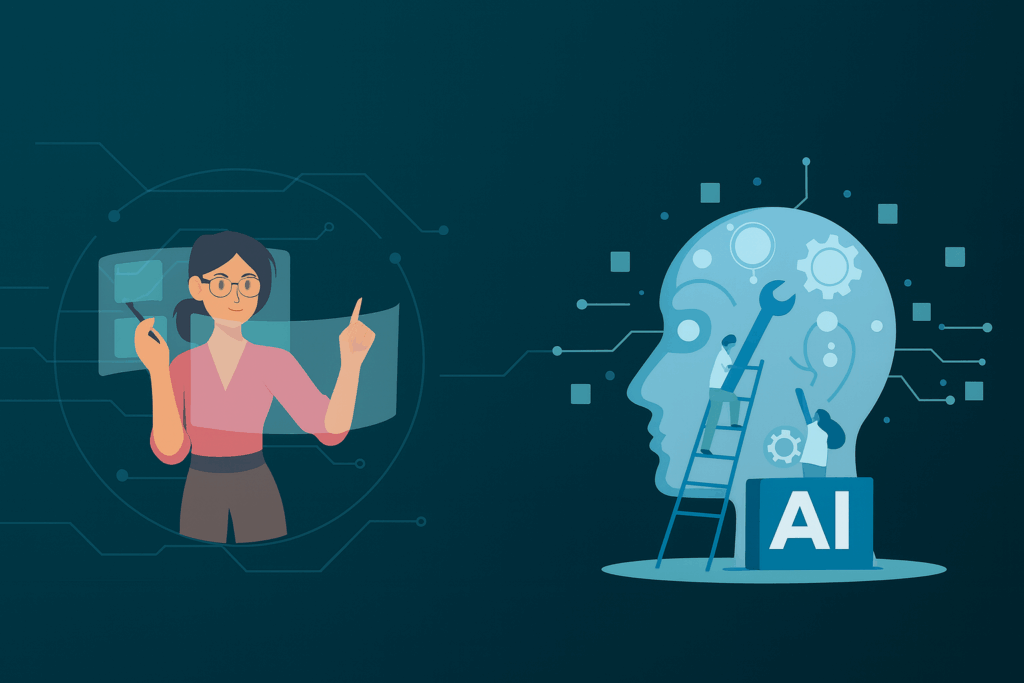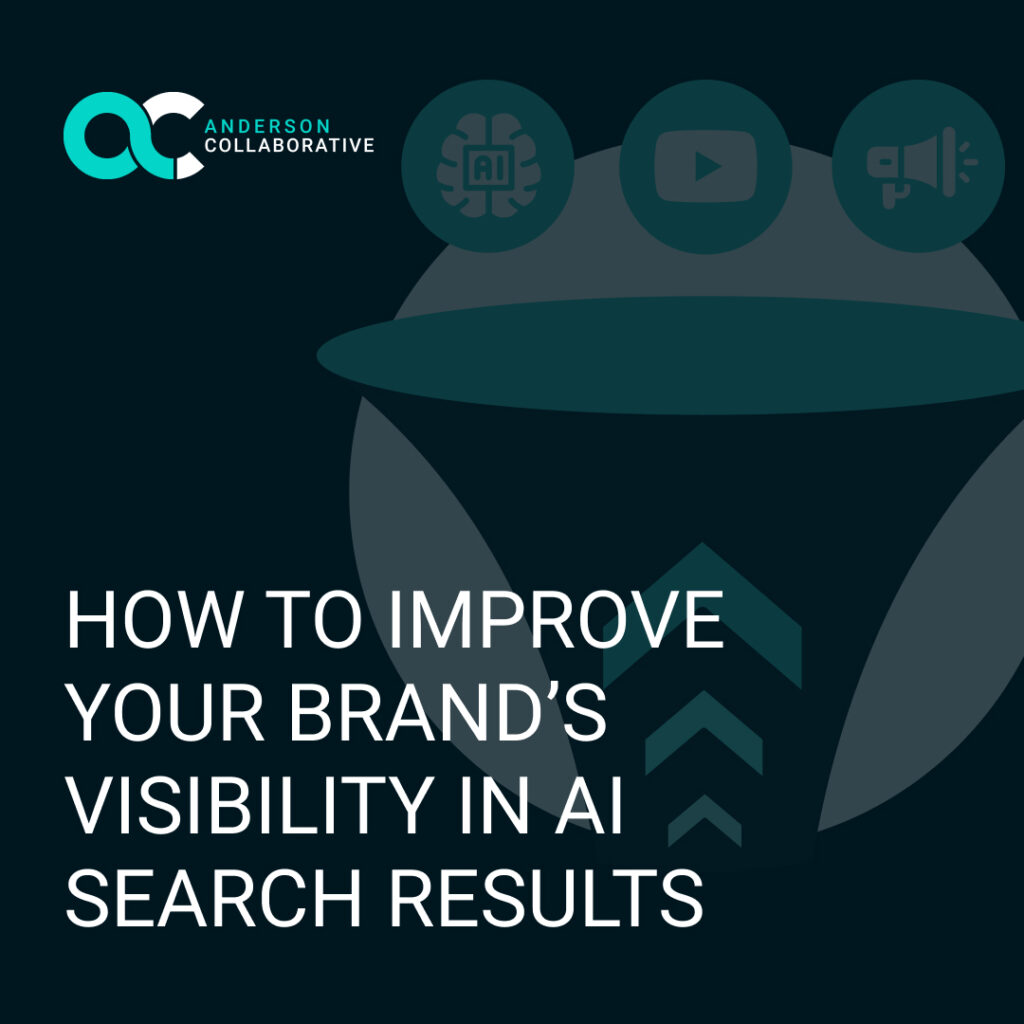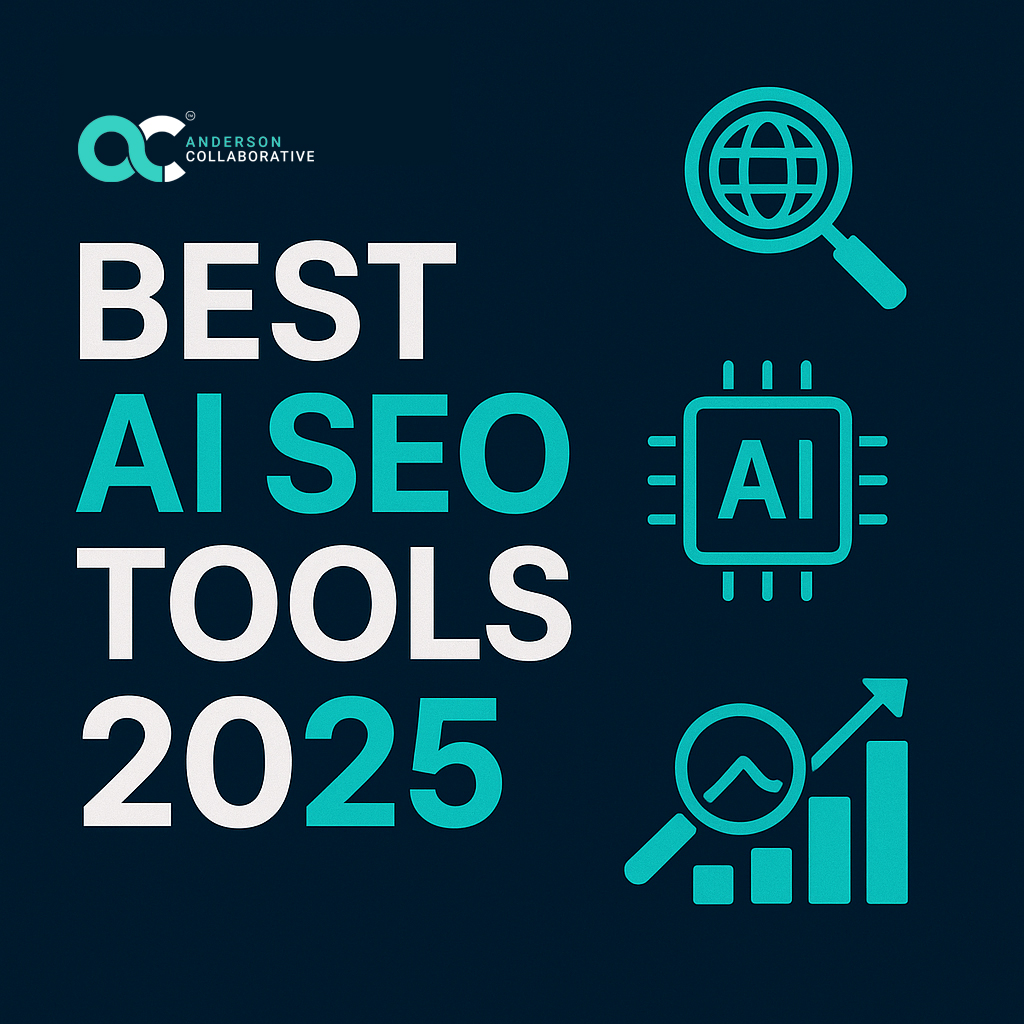In the ever-evolving landscape of digital marketing, the integration of Artificial Intelligence (AI) and Machine Learning (ML) stands out as a revolutionary force. These technologies are not just trends; they’re reshaping the way businesses interact with consumers, offering unprecedented insights and automating complex processes. Anderson Collaborative, at the forefront of digital innovation, recognizes the transformative power of AI and ML, leveraging them to drive marketing success for their clients. Let’s delve into how these technologies are sculpting the future of digital marketing.
Demystifying AI and Machine Learning
Before diving deep, it’s essential to understand what AI and ML entail. AI refers to machines’ capability to perform tasks that typically require human intelligence. This includes problem-solving, understanding language, and decision-making. Machine Learning, a subset of AI, involves algorithms that allow machines to learn from and act on data. As these technologies become more sophisticated, they’re opening doors to innovative marketing strategies that were once deemed impossible.
Personalization at Its Best
Tailored User Experiences
Gone are the days of generic marketing messages. With AI, businesses can offer hyper-personalized user experiences. Platforms can analyze vast amounts of user behavior data, preferences, and past interactions to tailor content, product recommendations, and even communication style. Anderson Collaborative harnesses this power to craft marketing campaigns that resonate deeply with individual users. This level of personalization enhances engagement, ensuring that users feel seen, understood, and valued, which in turn boosts conversion rates.
Dynamic Content Creation
The realm of content creation has witnessed a paradigm shift with AI-driven tools. While they can’t replace the unique human touch, they can assist in producing data-driven content. These tools analyze current trends, audience preferences, and even competitor content to generate articles, marketing copy, and more. This ensures that the content aligns perfectly with the target audience’s interests and the current market landscape, enhancing its effectiveness and reach.
Predictive Analysis and Consumer Insights
Forecasting Consumer Behavior
Machine Learning is a game-changer when it comes to predicting consumer behavior. By analyzing vast datasets, ML algorithms can identify patterns and anticipate future consumer actions. This predictive analysis is invaluable for businesses, allowing them to craft marketing strategies that align with anticipated consumer needs, preferences, and trends. By staying a step ahead, businesses can position themselves as market leaders, offering solutions even before consumers realize they need them.
Enhanced Customer Segmentation
Traditional customer segmentation, based on demographics, is now enhanced with ML’s capabilities. Machine Learning delves deeper, segmenting audiences based on intricate patterns of behavior, preferences, interaction history, and even predicted future actions. This granular segmentation ensures that marketing efforts are laser-focused, targeting each segment with tailored messages. The result? Higher engagement, better conversion rates, and an overall enhanced ROI.
Chatbots and 24/7 Customer Service
The digital age consumer expects instant responses, and AI-powered chatbots are here to deliver. These bots offer 24/7 customer service, answering queries, assisting in purchases, and even offering product recommendations. They’re equipped to handle a multitude of tasks, from answering frequently asked questions to guiding users through complex processes. The beauty of these bots lies in their ability to learn from each interaction, continuously refining their responses to offer better support over time.
Optimizing Ad Campaigns with Machine Learning
Real-time Ad Adjustment
In the fast-paced world of digital advertising, real-time adjustments are crucial. ML algorithms can analyze real-time data on ad performance, making instant tweaks to optimize for better results. Whether it’s changing the ad copy based on user engagement, adjusting visuals to resonate better, or shifting targeting parameters to reach a more relevant audience, ML ensures that ad campaigns are always performing at their peak, maximizing the return on ad spend.
Budget Optimization
Allocating a marketing budget effectively is a challenge many businesses face. With ML, this process is streamlined. Algorithms predict which channels and campaigns will yield the best ROI, ensuring that marketing budgets are utilized most effectively. This not only maximizes returns but also reduces wastage, ensuring every dollar spent contributes to business growth.
The Ethical Considerations
As AI and ML become integral to digital marketing, there’s a growing discourse on ethical considerations. Data privacy, transparency in AI-driven decisions, and ensuring unbiased algorithms are topics that industry leaders, including Anderson Collaborative, are actively addressing. It’s imperative to strike a balance between leveraging technology for business growth and ensuring ethical considerations are not sidelined.
Concluding Thoughts
The integration of AI and Machine Learning in digital marketing is not a fleeting trend; it’s the future. These technologies offer unparalleled insights, automation, and optimization capabilities. For businesses and marketers, staying updated with these advancements is not just beneficial; it’s imperative. With industry pioneers like Anderson Collaborative leading the charge, the future of digital marketing promises to be more efficient, personalized, and impactful than ever before.



